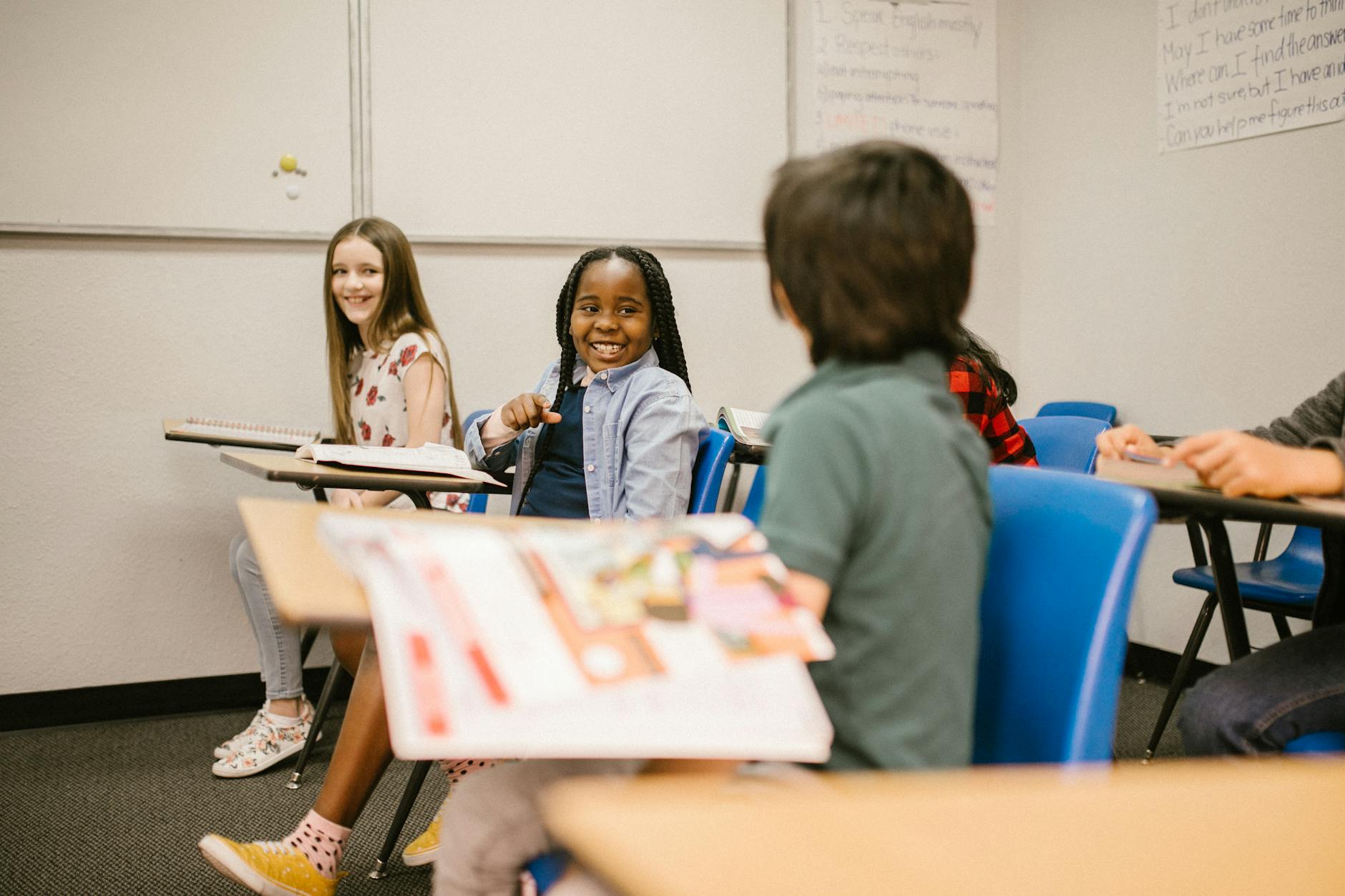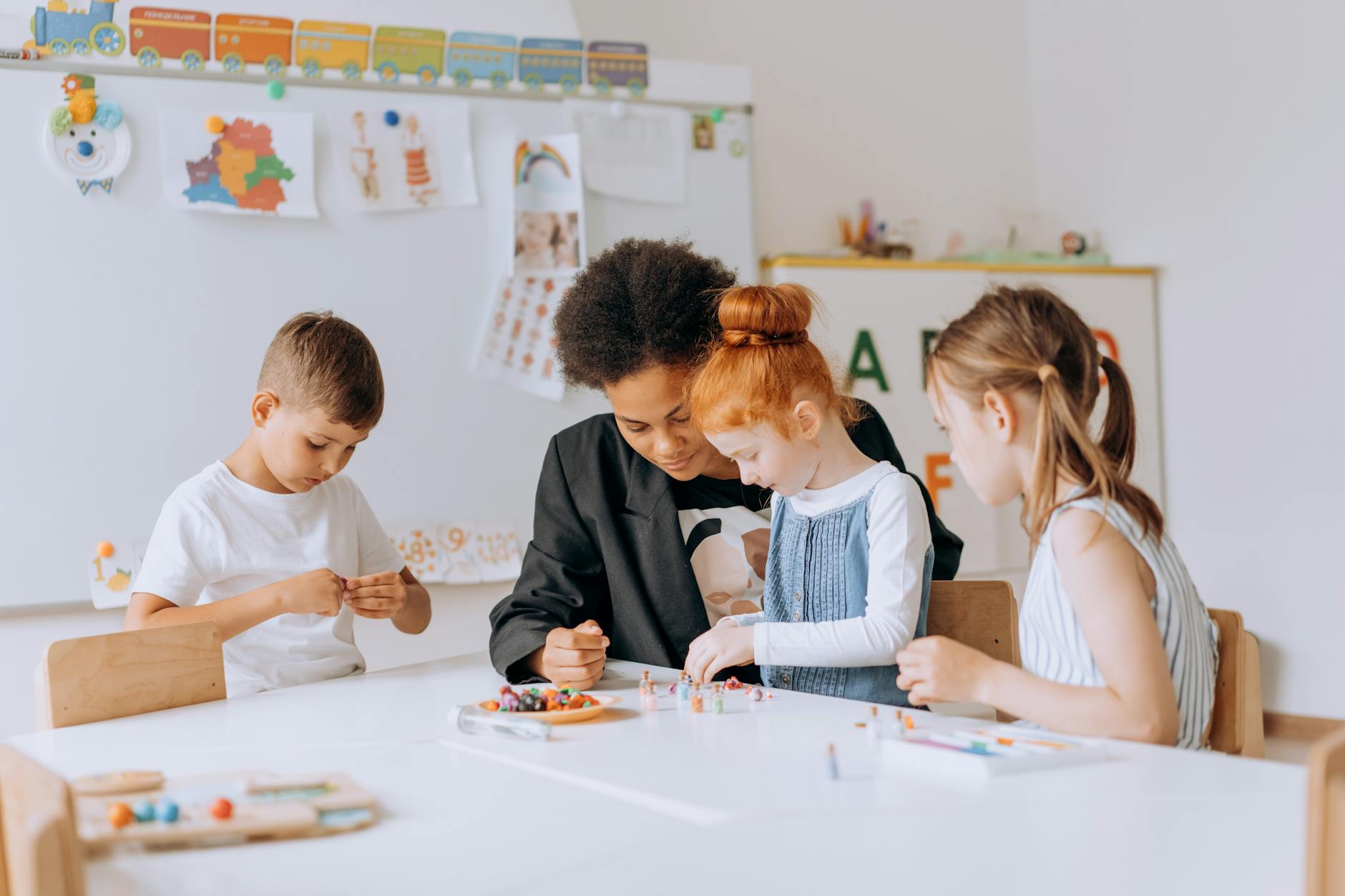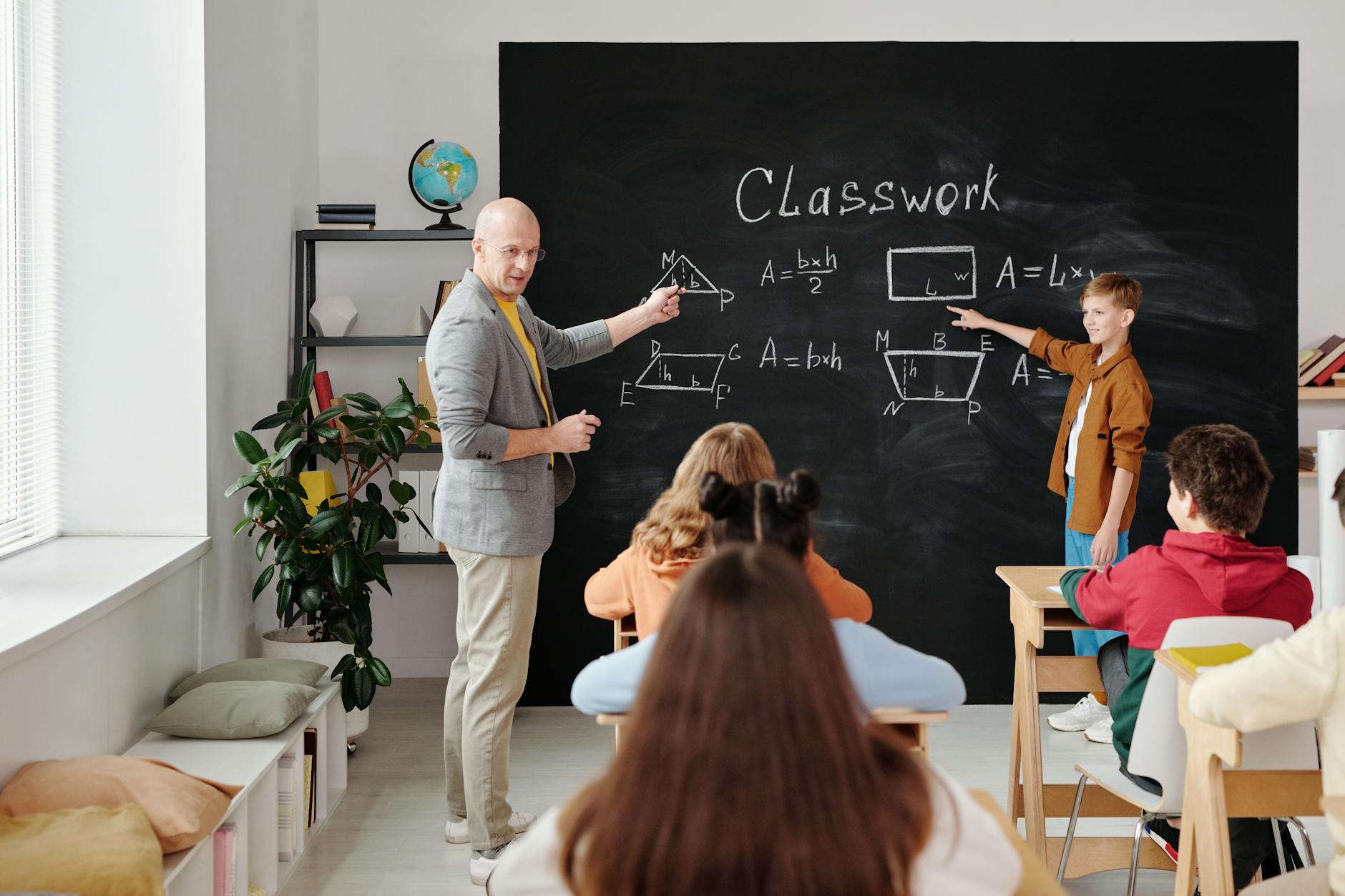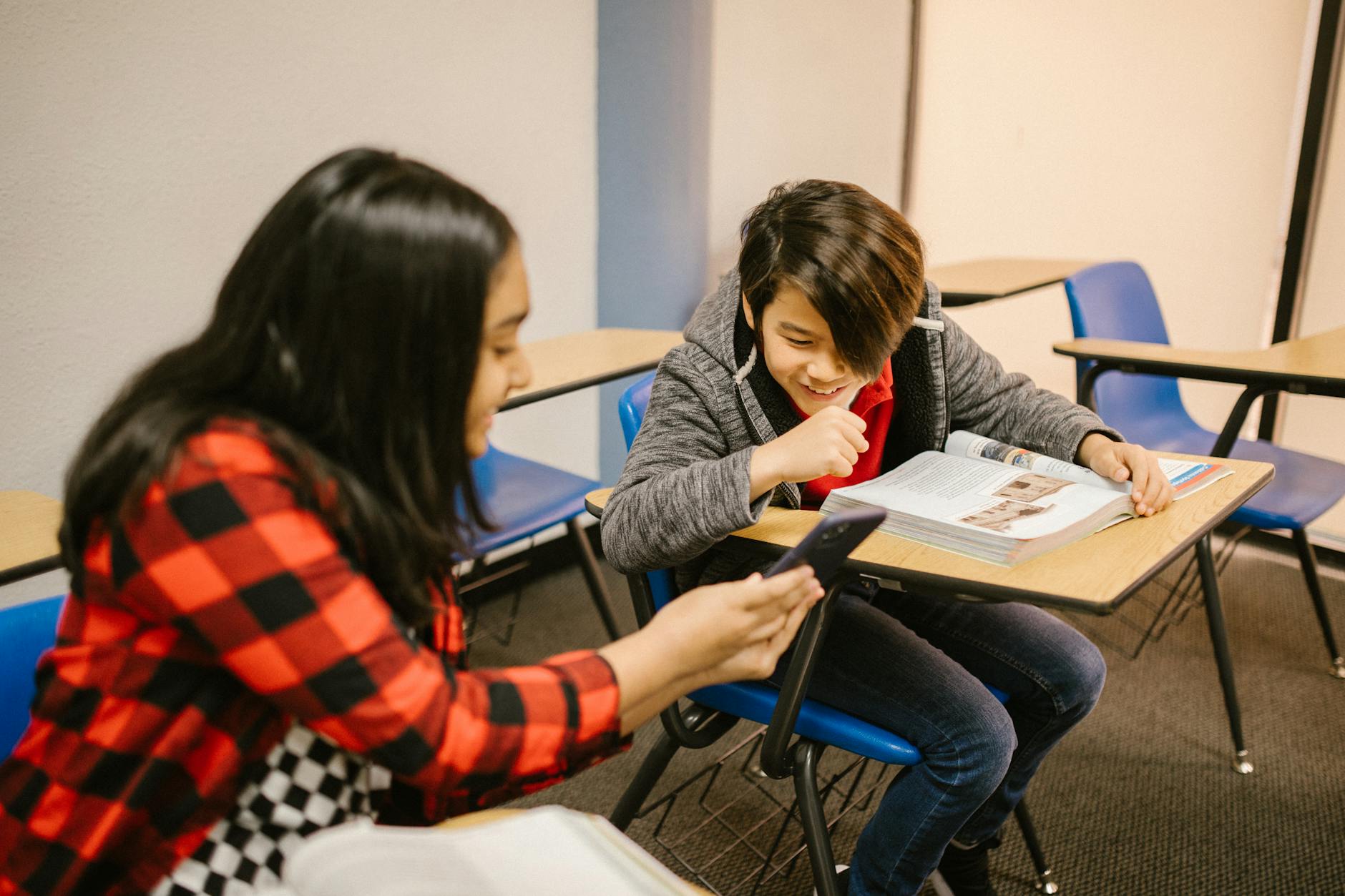How to Integrate Technology in Early Childhood Classrooms in Australia

Benefits of Technology
Enhancing Learning Experiences
Incorporating technology into early childhood education presents remarkable opportunities to enrich learning experiences. I've witnessed firsthand how interactive exhibits at the Queensland Museum captivate children, sparking curiosity and fostering deeper connections with the subject matter. Technology, like these real-world experiences, can similarly make abstract concepts tangible. For instance, utilising certificate iv in mental health modules online provides resources that help educators skillfully address emotional well-being in young learners, creating a balanced approach to holistic development.
Encouraging Engagement
Interactive content and digital storytelling are fantastic ways to engage young minds. They bring stories to life, allowing children to explore new worlds and develop empathy. These tools mirror engaging narratives seen at family-friendly events at South Bank Parklands but within a digital sphere. By integrating multimedia tools, children become active participants in their learning journey, which can significantly enhance motivation and attentiveness in the classroom setting.
Supporting Diverse Learning Styles
Every child is unique, and technology provides versatile platforms to cater to diverse learning styles. Online learning environments mirror the flexibility and adaptability I aim to bring into my classroom. For example, childcare courses online offer varied approaches, presenting content visually, auditorily, and kinesthetically. This versatility ensures all students can access and engage with the material in a way that best suits their individual learning needs. By integrating these tools, early childhood educators can create nurturing spaces where all children thrive.
Choosing the Right Tools
Selecting the appropriate technology tools is crucial for fostering development in early childhood education. As educators in Brisbane, we can draw inspiration from the rich learning experiences at the Queensland Museum's interactive exhibits when considering age-appropriate technology. Choosing tools that resonate with young learners' curiosity and imagination is vital, much like the exploration children enjoy during family-friendly events at South Bank Parklands.
Age-appropriate Technology
When choosing community services courses, it's essential to focus on age-appropriate technology that aligns with the developmental stages of preschoolers. For example, interactive story apps can enhance literacy skills, while simple coding games can introduce foundational concepts in a fun way.
Educational Apps and Resources
Educational apps should serve as valuable extensions of classroom activities. Incorporating apps that reinforce lessons, such as those that promote problem-solving or creativity, ensures that children engage in a balanced digital experience. You might explore mental health courses that offer insights into managing emotional well-being, making these resources even more impactful.
Tools for Creative Expression
Early childhood is a time for exploration and creativity. Tools that encourage artistic expression, such as digital drawing tablets or music-making apps, allow children to express themselves uniquely. By integrating these technologies into the learning environment, we nurture both creativity and digital literacy.
Selecting the right technological tools requires thoughtful consideration of the diverse needs of young learners. Aim to provide resources that balance educational value with engagement, helping children thrive in an ever-evolving digital landscape.
Effective Implementation Strategies
Balancing Tech and Play
Incorporating technology into early childhood education requires a careful balance of tech and play. My approach often includes using hands-on activities to complement digital learning, ensuring that children like those exploring exhibits at the Queensland Museum can engage both with tech and tangible experiences. For instance, child care courses have taught me to blend interactive storytelling apps with physical play, creating a rich learning environment where technology and traditional play coexist seamlessly.
Integrating Technology with Lessons
I’ve found that integrating technology with lesson plans can be particularly effective when it relates directly to children’s interests. During a recent family-friendly event at South Bank Parklands, I introduced an app that allowed children to create digital stories after a day of outdoor exploration. Aligning tech use with curriculum goals makes learning more cohesive and can enhance comprehension and retention in young learners.
Tailoring to Individual Needs
Just as workshops at the State Library of Queensland offer diverse resources, technology in the classroom must address individual needs. Customising digital tools according to each child’s learning pace and style can be transformative. For example, aged care training provides insights on tailoring learning tools for varied needs, a concept equally applicable to child care. Personalised learning plans incorporating age-appropriate apps support each child's unique developmental trajectory, fostering independence and confidence in their learning journey.
Addressing Challenges
Overcoming Technology Hesitancy
In my experience as an early childhood educator, I've noticed that some peers feel uncertain about integrating technology in their classrooms. To address this, it's essential to focus on comprehensive professional development sessions and practical workshops that showcase the benefits of modern tools. Programs like aged care courses online can also be beneficial for education professionals looking to broaden their understanding of digital platforms. Sharing personal success stories from classroom experiences can further motivate educators to embrace technological advancement, ensuring that we remain equipped to enhance learning experiences. It's about finding a balance where technology complements—not overtakes—traditional educational methods.
Managing Screen Time
Managing screen time effectively is crucial in maintaining a balance between digital engagement and hands-on interactions. I've found that setting a strict schedule helps, allowing devices during specific times while dedicating other parts of the day to interactive play and outdoor exploration. This ensures that children benefit from a holistic educational experience, where digital resources are just one part of a diverse toolkit. Incorporating materials from courses like cert 3 childcare can provide insights into age-appropriate uses of technology, reinforcing structured learning activities.
Ensuring E-Safety
Ensuring e-safety is another challenge, especially with the increasing reliance on digital tools in early education. Regular discussions about online safety, even with very young learners, can lay the groundwork for responsible technology use. Using child-friendly browsers and applications with robust security features is a practical step. Furthermore, continuously updating digital literacy skills through local workshops and seminars can help educators like myself remain informed on best practices for safeguarding young learners in an online environment.
Fostering Continuous Learning
Ongoing Professional Growth
As educators dedicated to early childhood development, it’s crucial to keep abreast of evolving educational methodologies and technologies. Attending workshops at the State Library of Queensland is an excellent way to stay updated on the latest in tech-driven learning. These sessions often present practical applications that we can bring back to our classroom environments. Participating in professional development sessions not only keeps our skills sharp but also helps us adapt to the rapidly changing needs of our students.
Collaborating with Families
Engagement with parents and caregivers extends learning beyond the classroom, making it a community effort. When we involve families in the learning process, such as through events at South Bank Parklands that focus on tech integration, we open new avenues for a shared educational journey. Sharing resources and educational apps that parents can use at home fosters a holistic learning environment for children. This collaborative approach promotes a consistent learning experience for children, ensuring that their educational development is well-rounded and supported on all fronts.
Effective Monitoring and Feedback
Regular evaluations are essential to assess the effectiveness of technology in the classroom. Incorporating responsive design in our assessment tools allows us to engage children in a manner attuned to their interests and abilities. By continuously monitoring students' interactions with technology, we can fine-tune our approaches to meet their evolving educational needs. Queensland Museum’s interactive exhibits offer unique opportunities to observe real-world applications of technology in both structured and unstructured settings, providing invaluable insights into how children learn and interact with tech-based environments.
Through these best practices, we can elevate our approach to early childhood education, ensuring that every learner is catered to effectively and inclusively.


